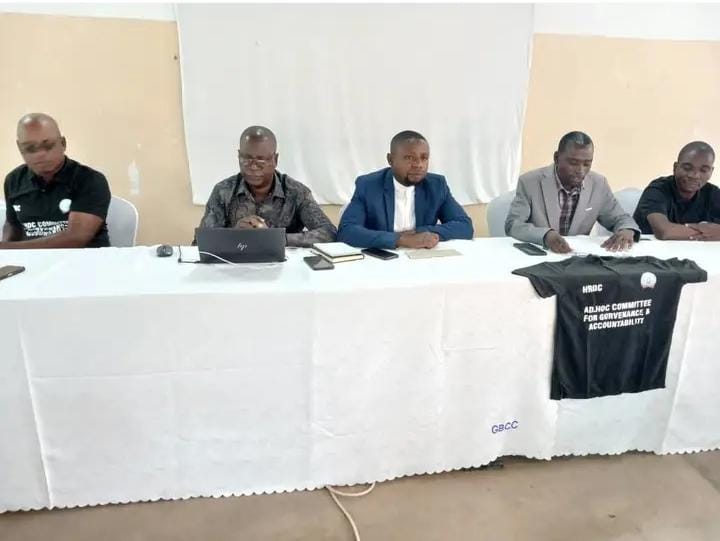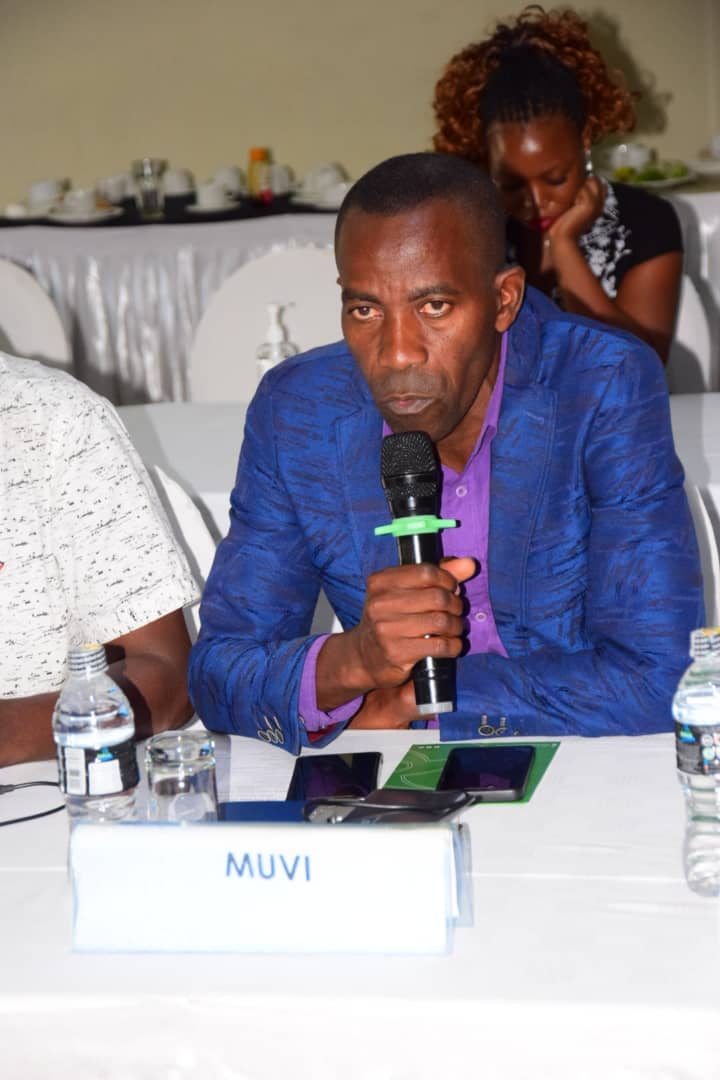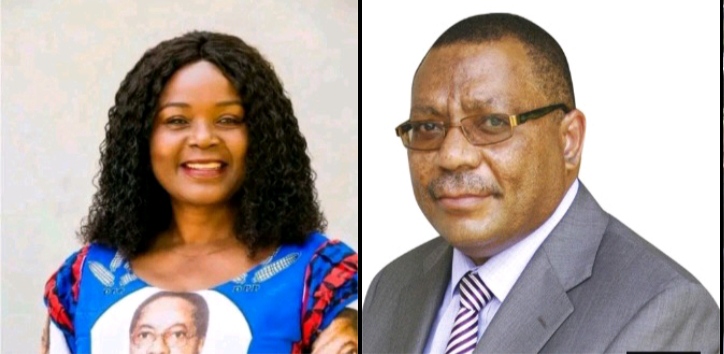By Burnett Munthali
President Lazarus Chakwera has once again issued a stern warning to government ministers and senior officials who are failing to perform their duties, stating that he will not hesitate to fire those who deliberately delay development projects. The president’s remarks come amid growing concerns from the public about inefficiencies in government, corruption, and political favoritism, which many believe are stalling progress in Malawi.
Speaking at a government event, Chakwera expressed deep frustration with officials who seem to intentionally block development efforts because they do not personally benefit from them. He pointed out that many officials hide behind their office desks, appearing busy on their computers while essential documents mysteriously disappear. Meanwhile, on the ground, nothing tangible is being accomplished.
“Some people just sit in their offices, hiding behind computers, while important documents go missing. But when you check on the ground, nothing is happening. If someone is deliberately delaying development, they must be removed,” Chakwera declared.
Chakwera did not stop at ministers—he also issued a warning to principal secretaries and directors in various ministries, accusing them of showing disrespect to their superiors while using political connections to shield themselves from accountability.
“There are some directors who openly undermine their superiors, boasting that they have connections with ministers, the Chief of Staff, the President’s advisors, and even with me personally. They claim they know the President. If you tolerate this behavior, you will be fired along with them,” Chakwera warned.
His comments suggest that certain individuals within his administration have been using their political ties to avoid scrutiny while sabotaging government programs. This statement has raised serious questions about whether Chakwera has full control over his government or whether he is struggling to manage internal power struggles.
Following Chakwera’s remarks, many Malawians took to social media and public forums to express their views. The general reaction has been mixed, with some supporting the president’s tough stance while others see it as an admission of his administration’s failure.
A well-known political commentator, Sawyer, reacted sharply, reminding Malawians of the Malawi Congress Party’s (MCP) earlier claims that they were “removing the rubble” in government to ensure efficiency.
“When we said that hiring based on family connections was a bad idea, MCP said they were removing the rubble and that they were not tolerating sabotage. Now, they are complaining that they are being sabotaged by their own relatives and allies,” Sawyer posted.
This reaction highlights a major criticism that has followed Chakwera’s leadership since he took office—allegations that he has filled key government positions with individuals based on loyalty rather than competence. Many believe that his administration is now suffering the consequences of these decisions, as some of the very people he trusted are now accused of blocking progress.
While Chakwera’s threats to fire non-performing officials have been received with mixed emotions, many are questioning whether he will actually take action. Over the past years, he has made similar statements about removing incompetent officials, yet there have been few significant dismissals.
“He keeps saying he will fire people, but we have heard this before. Will he actually do it this time?” one concerned citizen asked.
Others pointed out that the biggest problem lies in Chakwera’s reluctance to crack down on corruption and inefficiency within his inner circle. Many believe that as long as government officials continue to act with impunity—knowing that political connections will protect them—development projects will continue to stall.
Chakwera’s latest remarks come at a time when Malawians are becoming increasingly frustrated with the slow pace of development and economic struggles. With the 2025 elections drawing closer, his ability to clean up inefficiencies in his administration will be a major test of his leadership.
If he follows through on his threats and removes those who are obstructing progress, he may regain some public trust. However, if his statements turn out to be just another round of empty warnings, his credibility as a leader will continue to decline, and his administration may face stronger opposition in the next election.
For now, Malawians are watching closely to see whether Chakwera will act decisively or if this will be yet another unfulfilled promise from a government struggling to manage internal conflicts.



